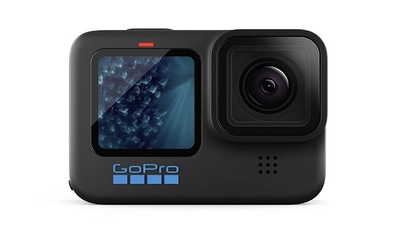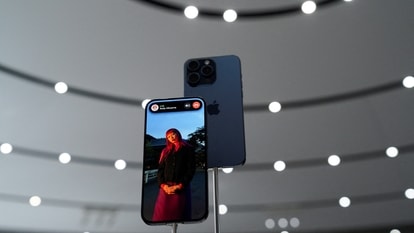'Unacceptable' WhatsApp privacy breach controversy: Explained
An alleged privacy breach on WhatsApp that caught global attention recently has churned a huge controversy. The case has to do with the app accessing a user’s microphone without the owner's permission or knowledge.
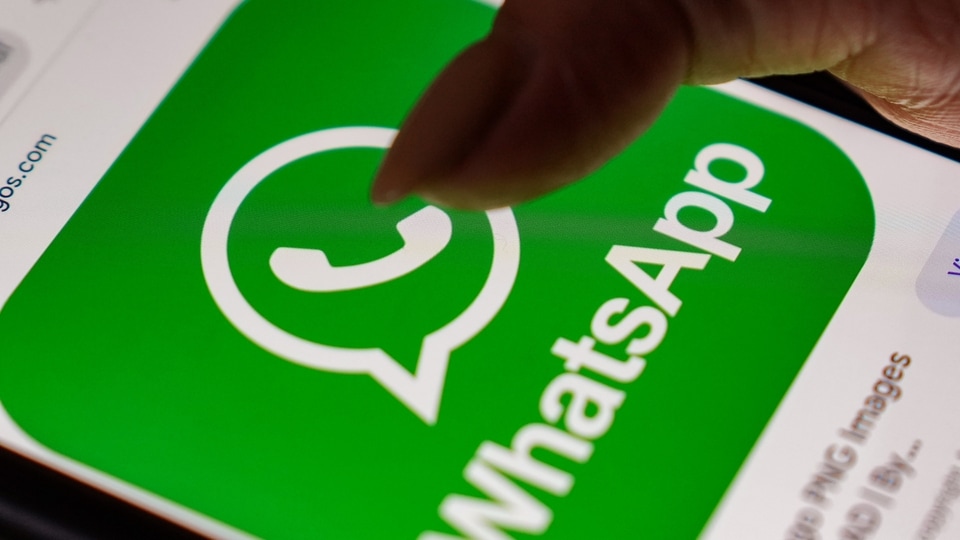
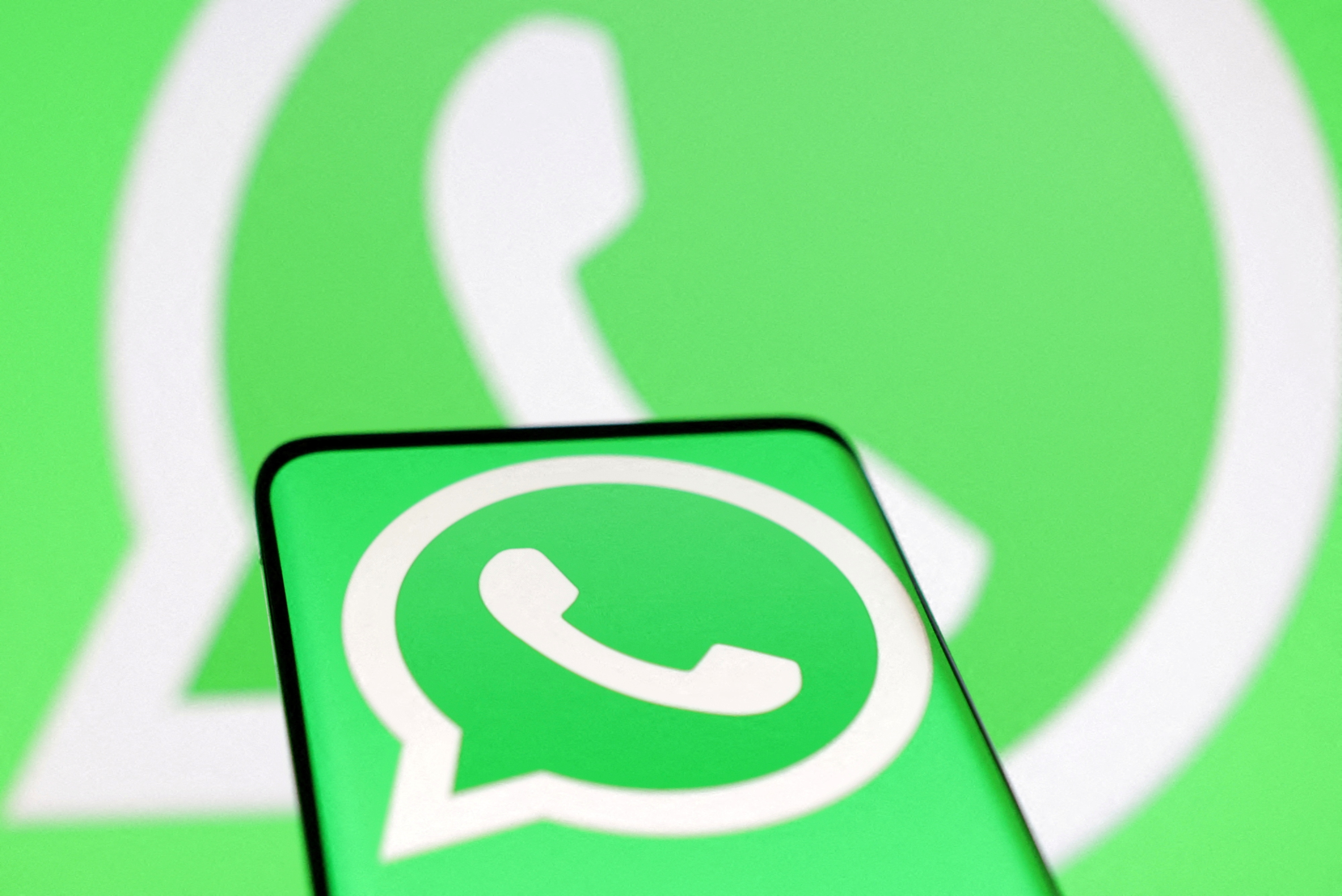
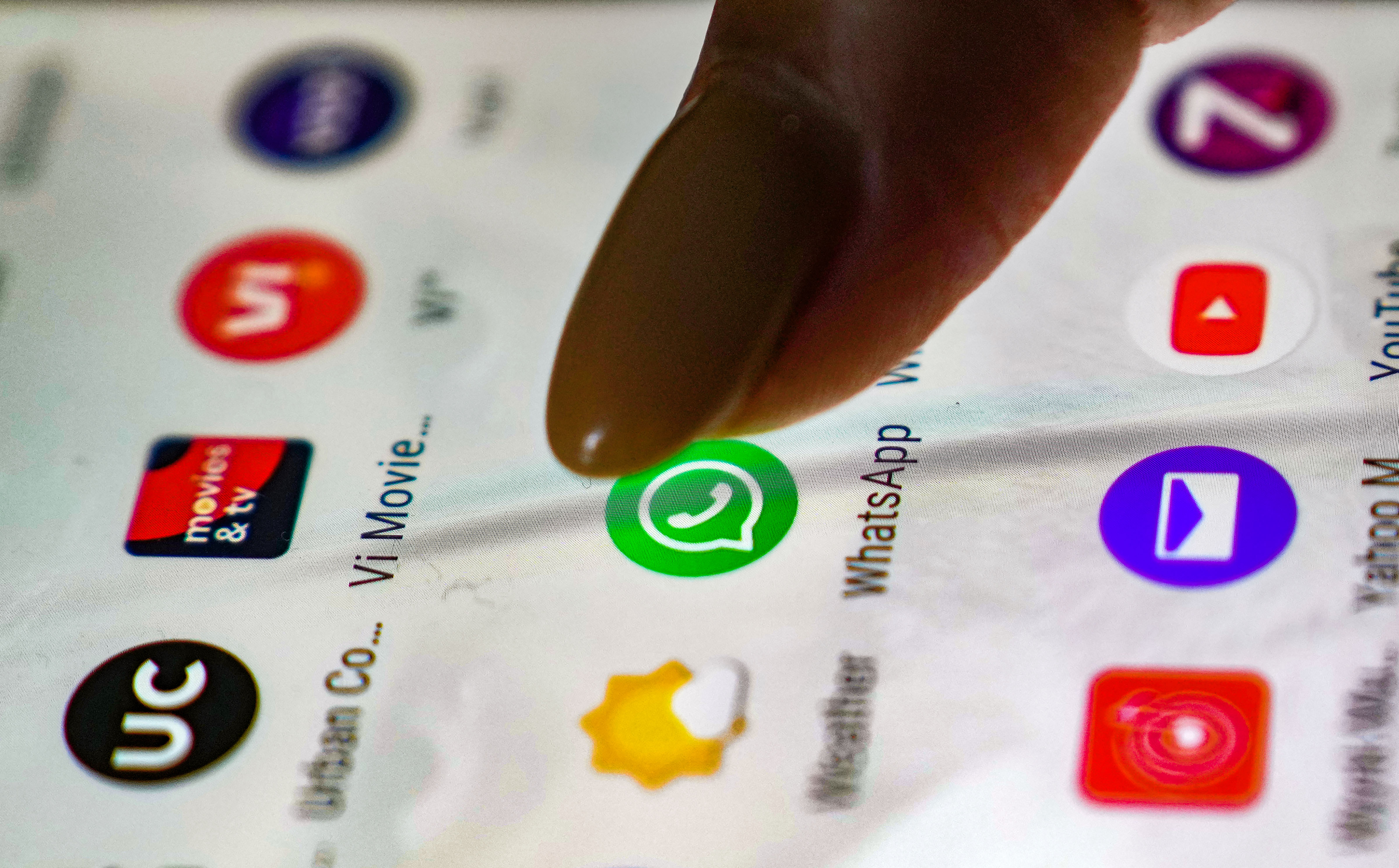

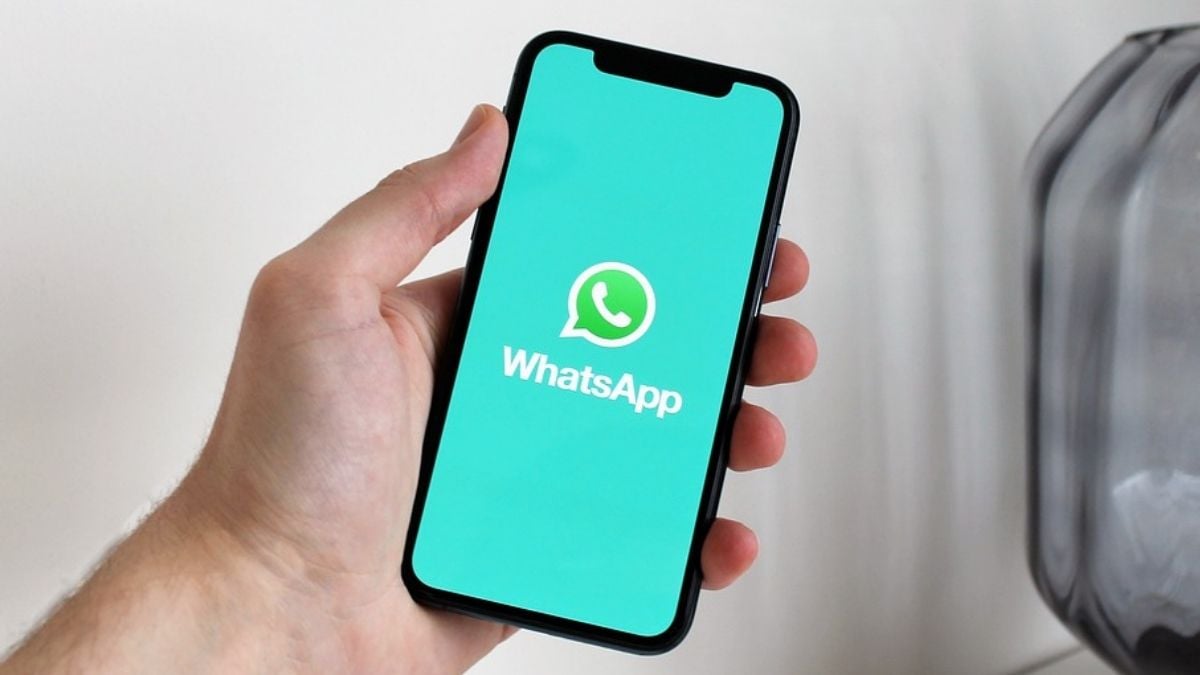

 View all Images
View all ImagesA recent alleged WhatsApp Privacy Breach has caused concerns for billions of users worldwide. It caused billionaire Elon Musk, India's Union Minister of State for Electronics and Technology Rajeev Chandrasekhar, and other influential figures to react. Notably, India is WhatsApp's largest market with 487 million users, according to Statista. But this recent privacy breach has put the Mark Zuckerberg-owned company under the spotlight again.
The incident that sparked the global furore occurred when a Twitter engineer on the messaging platform revealed that the microphone on his Google Pixel 7 Pro smartphone was live and tracking him.
Because of the growing privacy concerns about WhatsApp, know the details of what happened.
What Was the WhatsApp Privacy Breach
Foad Dabiri, an engineer working at Twitter recently shared screenshots on the social media platform, claiming that WhatsApp had accessed the microphone on his Google Pixel 7 Pro several times while he was asleep.
“WhatsApp has been using the microphone in the background, while I was asleep and since I woke up at 6AM (and that's just a part of the timeline!) What's going on?”, Dabiri tweeted. The screenshot showed the microphone being accessed by WhatsApp at least 9 times between 4:20 AM and 6:53 AM.
How big the controversy is is clear from the fact that his tweet has amassed over 88.5 million views and 6812 retweets, with people sharing similar concerns about WhatsApp's alleged privacy breach.
WhatsApp has been using the microphone in the background, while I was asleep and since I woke up at 6AM (and that's just a part of the timeline!) What's going on? pic.twitter.com/pNIfe4VlHV
— Foad Dabiri (@foaddabiri) May 6, 2023
WhatsApp Reacts
Amidst growing privacy concerns since Dabiri tweeted about the alleged privacy breach, WhatsApp swiftly responded to the incident, dismissing claims of the app breaching the user's privacy.
“Over the last 24 hours we've been in touch with a Twitter engineer who posted an issue with his Pixel phone and WhatsApp”, said WhatsApp in a quote tweet.
Can WhatsApp Listen to Our Conversations?
The company stated that “Users have full control over their mic settings Once granted permission, WhatsApp only accesses the mic when a user is making a call or recording a voice note or video - and even then, these communications are protected by end-to-end encryption so WhatsApp cannot hear them”.
Be that as it may, the rising number of cases, like the one of the Twitter engineer, continues to add to skepticism in the public eye over what exactly tech companies are doing with user data.
Apart from that, there are the hackers who have driven cybercrime to new, and unacceptable, highs. There are a hundreds of apps being banned that are on Google Play Store after being found carrying malware by security companies like Kaspersky. They are free agents who too are driving public fears over loss of privacy and even finances.
WhatsApp Blames Android Bug on Pixel 7 Pro
According to WhatsApp, the information in the user's Privacy Dashboard is being misattributed due to a bug. WhatsApp promptly took action by reporting the issue to Google and requesting an investigation to remediate the problem.
Google is yet to respond.
Notably, with Android 12, users can know if and when an app is using the smartphone's microphone and camera, using privacy features like Privacy Dashboard and Privacy Indicator.
The Privacy Dashboard is like a command center where users can keep a check on apps that are accessing data on their devices. Moreover, a small indicator will pop up on the upper right corner of the screen to notify when the microphone or camera is being accessed.
Reactions
Dabiri's tweet has since gone viral, drawing attention from personalities like Elon Musk. “That's weird”, wrote Musk below the tweet. In another cryptic tweet, Musk wrote, “Trust nothing, not even nothing”.
Union Minister of State for Electronics and Information Technology (MeitY) Rajeev Chandrasekhar took note of the issue too, stating that the Government of India will look into this matter.
“This is an unacceptable breach and violation of privacy. We will be examining this immediately and will act on any violation of privacy even as new Digital Personal Data protection bill is being readied”, he wrote in a tweet.
Other WhatsApp users have taken to Twitter to report similar problems too. “I've noticed the same, and also noticed ads related to conversations I've had with people... Disabled permissions..”, a user replied to Dabiri's tweet.
Link With Growing Spam Calls?
Disturbingly, not just privacy concerns, but a spurt in spam calls recently too have been causing problems on WhatsApp, making many feel that the issue may well be linked. Several users in India reported getting spam calls from international numbers. According to issues reported by users on Twitter, most of these calls were from countries like Indonesia (+62), Vietnam (+84), Malaysia (+60), Kenya (+254), and Ethiopia (+251).
Tech Takeaway
Indubitably, smartphones are the veritable lifelines of business, entertainment, education, and everything else in between. However, controversial cases like these have increasingly raised privacy concerns and fears that all tech companies have volubly sought to allay. What the public, at best, can do is highlight incidents like this and amplify them on social media and all other platforms available to them to ensure the issue remains in the public eye till viable solutions are found. But don't hold your breath! And lastly, keep an eagle eye on what your smartphone is doing 24/7.
Catch all the Latest Tech News, Mobile News, Laptop News, Gaming news, Wearables News , How To News, also keep up with us on Whatsapp channel,Twitter, Facebook, Google News, and Instagram. For our latest videos, subscribe to our YouTube channel.
























